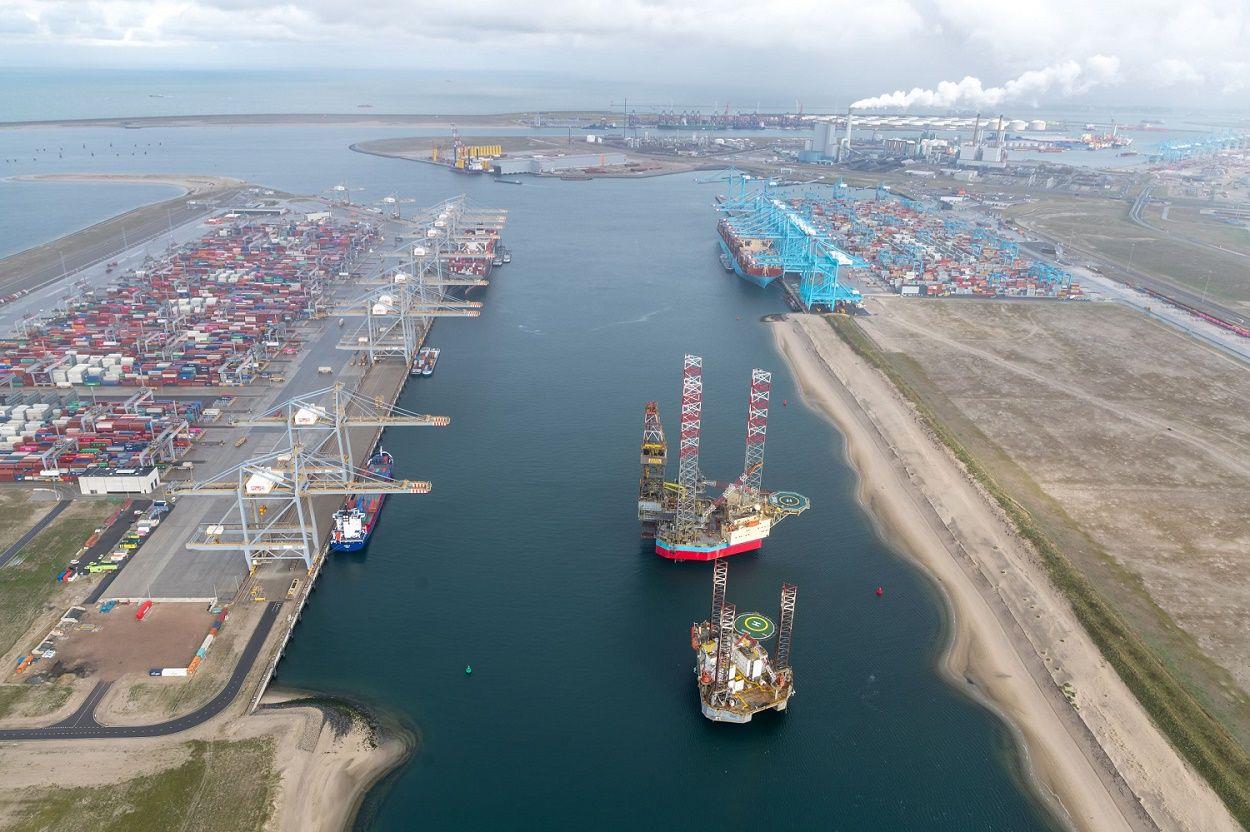The Port of Rotterdam saw its freight volumes almost unchanged in 2019, compared to the preceeding year, noting significant underlying shifts observed across various commodities.

In a statement, Port of Rotterdam said its freight throughput reached 469.4 million tonnes in 2019, fractionally higher than in 2018 (469 million tonnes).
It also noted how crude oil, container, LNG and biomass throughputs increased, while coal and mineral oil product throughputs decreased.
Port of Rotterdam said total throughput of liquid bulk in 2019 (211.2 million tonnes) was almost the same as in 2018 (211.8 million tonnes).Dry bulk throughput decreased by 4% to 74.5 million tonnes (2018: 77.6 million tonnes).
"The increase in LGN throughput was mainly due to the import of a greater proportion of the gas produced around the Atlantic ocean into Europe, instead of being exported to Asia. The increase in other liquid bulk is accounted for by the import and export of biofuels, particularly biodiesel," the Port said.
Following a good start in the first six months of 2019, the Port said container throughput measured in tonnes grew by 2.5%. Measured in TEUs, the standard unit for containers, the increase was 2.1% and the annual total was 14.8 million TEUs.
The shortsea segment also experienced the effects of lower economic growth as well as competition with other ports.
"The Port of Rotterdam has matched the transhipment volume recorded in 2018. Of course, we are working hard to further increase our leading position and are investing heavily to achieve this. However, the success of a modern port cannot be measured by throughput tonnage alone. Our customers no longer just want increased throughput capacity, but demand a better, faster and, above all, smarter port," said Allard Castelein, Port of Rotterdam Authority CEO.